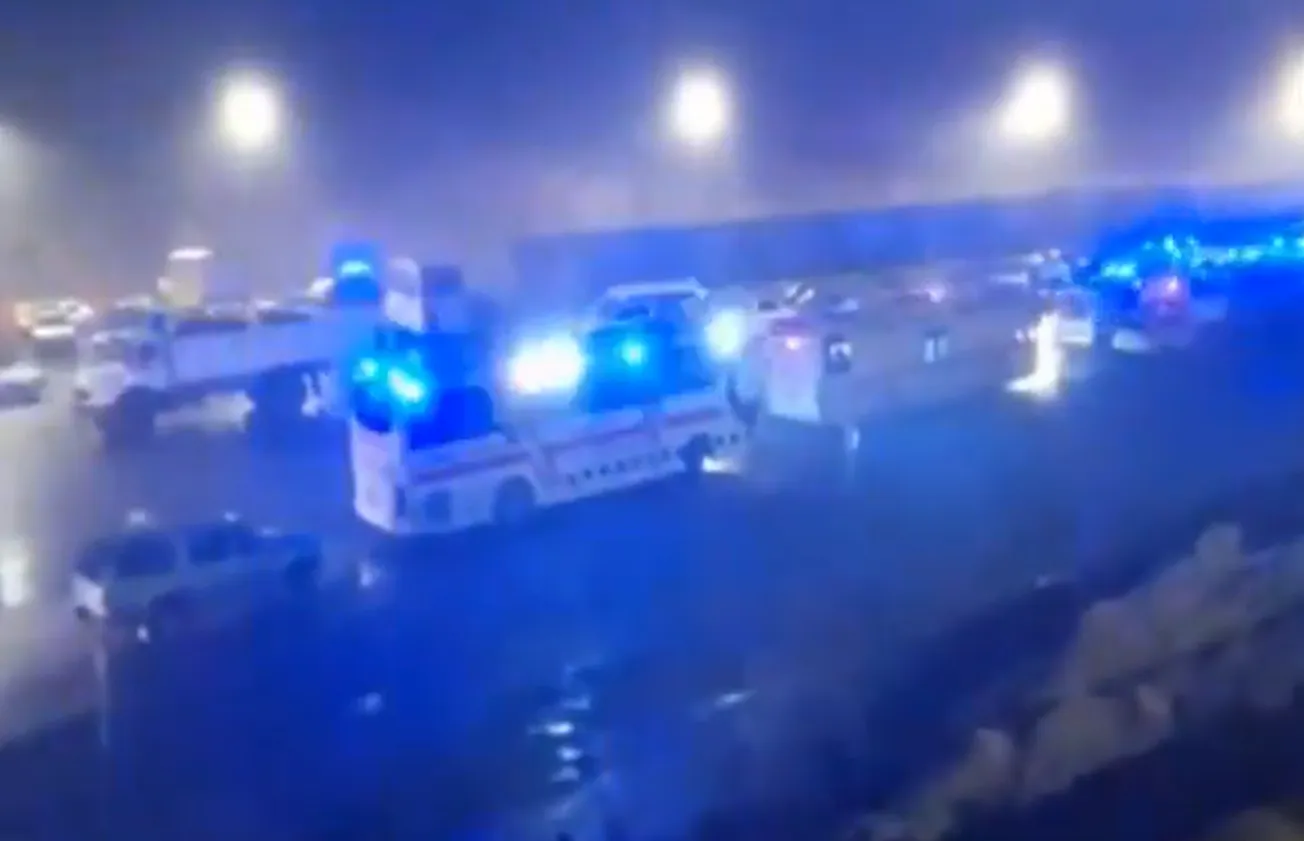The downing of Iranian President Ebrahim Raisi’s helicopter on Sunday, May 19 has put the world on pins and needles. Early on Monday morning (May 20) Tehran time, Iranian state media has announced that President Raisi, Foreign Minister Amir-Abdollahian and everyone else on the helicopter were dead. The news followed an hours-long search through the rain and fog, which included dozens of search teams from multiple nations.
Many questions surround this situation, almost all of which remain unanswered. Coming only days after the attempted assassination of Slovakian Prime Minister Robert Fico, a major opponent to NATO’s war in neighboring Ukraine, the obvious question is whether this, too, was an assassination attempt in hopes of accomplishing something more sinister. There’s no question that there are many who would happily see Raisi killed, and Iran—along with the rest of the region—thrown into chaos.
But first, zoom out, and consider what is known about the current situation. Helga Zepp-LaRouche emphasized during remarks given to the International Peace Coalition meeting on May 17 that the world is in a “pre-war” situation, characterized by the increasing desperation of Western elites to hold onto their collapsing and discredited “rules-based order.” In such a situation, certain events can potentially become major flashpoints of escalation far beyond what would otherwise be expected.
Front and center in this situation is the ongoing collapse of NATO’s proxy-war in Ukraine and the semblance of rationality of its proponents. Breaking all previous norms, the Pentagon spokesperson last week refused to say that the U.S. opposes Ukraine’s use of American weapons to strike deep into Russian territory. There are even reports that the U.S. is considering providing assistance to Ukraine to strike into pre-2014 Russian territory, in a move that would implicitly make it a direct participant in the war. This, while even Ukraine’s most steadfast defenders are admitting that the Kyiv regime is headed toward an unglorified defeat.
Then, after over six months of a genocidal war against Palestinians, Israel is beginning to break at the seams. Benny Gantz, one of the coalition ministers in Prime Minister Benjamin Netanyahu’s government, threatened to withdraw from the coalition if an actual plan for the “day after” is not adopted—a move which would likely throw the government into chaos. That follows similar statements by the Defense Minister Yoav Gallant earlier in the week. And on the same evening as Gantz’s statement, tens of thousands of Israeli citizens took to the streets in Tel Aviv to demand Netanyahu’s resignation.
It’s also worth noting the inordinate efforts from some in the West to push for another “color revolution” in the nation of Georgia, with the White House even threatening to sanction Georgian members of parliament who vote in favor of a bill calling for transparency in the foreign financing of NGOs. Considering the roots of today’s Ukrainian crisis with the 2013-2014 Maidan protests, this is an important development to keep in mind.
At the same time, a new paradigm of relations among nations continues to flourish, epitomized by the close-knit relationship between Russian President Vladimir Putin and Chinese President Xi Jinping during their May 16-17 meetings last week. Most recently in this direction is the KazanForum, which is taking place over May 14-20 in Kazan, Tatarstan, a republic of Russia, with 11,000 attendees from 80 nations. The Russia-Islamic World Strategic Vision Group which met as a part of the event gave the apt title to their summit: “Russia-Islamic World: A Just Multipolar World Order and Safe Development.”
As can be seen, there is an unmistakable reality in the world today, which will only be resolved if enough leading voices in the West can emerge to change this underlying dynamic driving the world toward a thermonuclear showdown. A new security and development architecture is needed, which realizes that a common interest exists amongst all nations, and can be the basis for peace and stable relations.
Until then, we remain at the precipice of all-out war where, as was the case with the assassination of Archduke Franz Ferdinand in 1914, seemingly isolated events sometimes spark enormous and uncontrollable consequences. And whatever does or does not become known about circumstances around Iranian President Raisi’s death, it is likely the world has just moved much closer to such an eruption.






